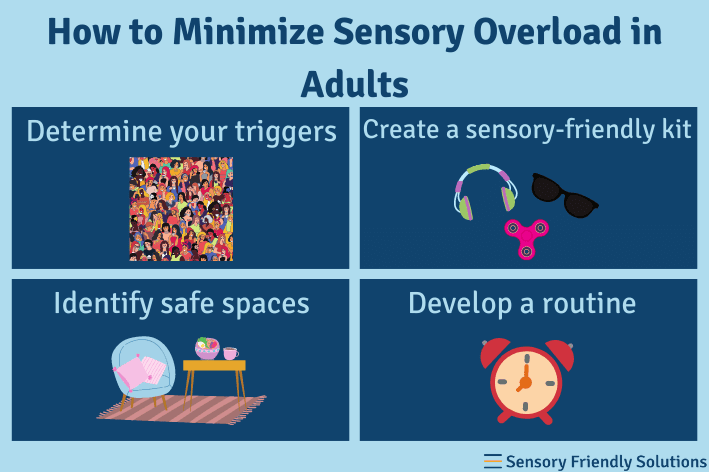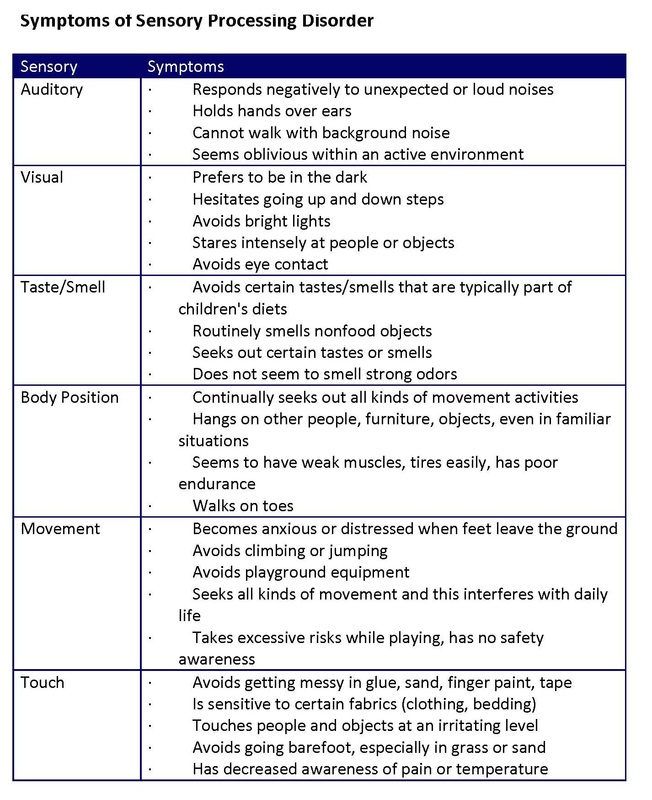
They usually close their ears when noise is painful for them, but others in the room may not be aware of any disturbing noise. People with hyper-hearing often sleep very lightly, fear sudden unpredictable sounds (eg phone rings, baby cries), they can even be horrified by the storm, crowd, and a haircut. Children with sensory overload can even notice the vibrations of light under fluorescent lights and the whole room vibrates for them. For example, they pay attention to the fluffy pieces on the carpet or complain about airborne dust, they do not like bright lights, and they may even be afraid of extreme light flashes. Sensory Overload in people with autism means that their views are very sharp. Sensitivity Differences in Autism – Sensory Overload Optimize living space: If you notice there is a stimulus causing sensory overload, try removing it from your living space, such as bright lights.Įstablish and stick to a routine: This will help identify the causes of triggers and will help you find a way that is least triggering when you are going about your day. Identify what causes the triggers: This helps to prepare for when the triggers happen. Once you know what causes sensory overload, you can follow strategies to avoid getting into situations that may include triggers.įinding out the causes and developing coping mechanisms is the most effective way of dealing with sensory overload. Recognizing the triggers is the way to manage the triggers. In order to start dealing with the symptoms of sensory overload, one first have to know which senses get overwhelmed. The flavor or temperature of foods may trigger sensory overload. They also refuse to eat certain foods due to their smells. Strong smells disturb people with sensory overload and they may avoid places with strong smells, like kitchens or stores. People with sensory overload tendencies may notice smells that others might not. People may find perfumes or the smell of certain pungent food overwhelming. Loud noises or multiple sounds going at the same time may cause auditory overload. At a crowded mall or videos with complex and moving visuals can trigger sensory overload. When too much is going on, sensory overload can occur. Also sometimes harsh or bright lights can cause people to feel sensory overload. Everyday items like clothing or certain foods may make people with sensory overload disorder feel discomfort. There are some general sensory overload triggers:Ĭertain textures or materials can trigger sensory overload. Triggers that would not be noticeable by people who developed neurotypically could cause distress to those with sensory overload disorder. The cause of sensory overload lies in the brain’s way of receiving more information and stimuli through senses that are more than it can process. Inability to ignore the stimuli causing discomfort.Here are some symptoms and signs of sensory overload that may be shared: It is also common that more than one sense is affected. While some may experience overload with their visual sense, others may experience difficulty with their auditory sense. Varying thoughout a spectrum, some may feel mild effects in their lives resulting in slight discomfort, while for others the symptoms are debilitating and they feel like they can’t function until their senses normalize.Īlso, not all or the same senses are affected for all people. The symptoms of sensory overload can change from one person to another. However, this sensation is most commonly seen with people who have autism spectrum disorder (ASD), sensory processing disorder, or other neurodevelopmental disorders. Sensory overload can happen to virtually anyone. Sensory overload is when a person’s senses are overstimulated by outside stimuli.


Often these activities are self-stimulating. People with autism are often involved in inflexible activities.

Their senses seem to be acutely working or not working at all. In individuals with autism, extreme (hyper) or low (hypo) sensory overload issues is one of the most common problems.


 0 kommentar(er)
0 kommentar(er)
